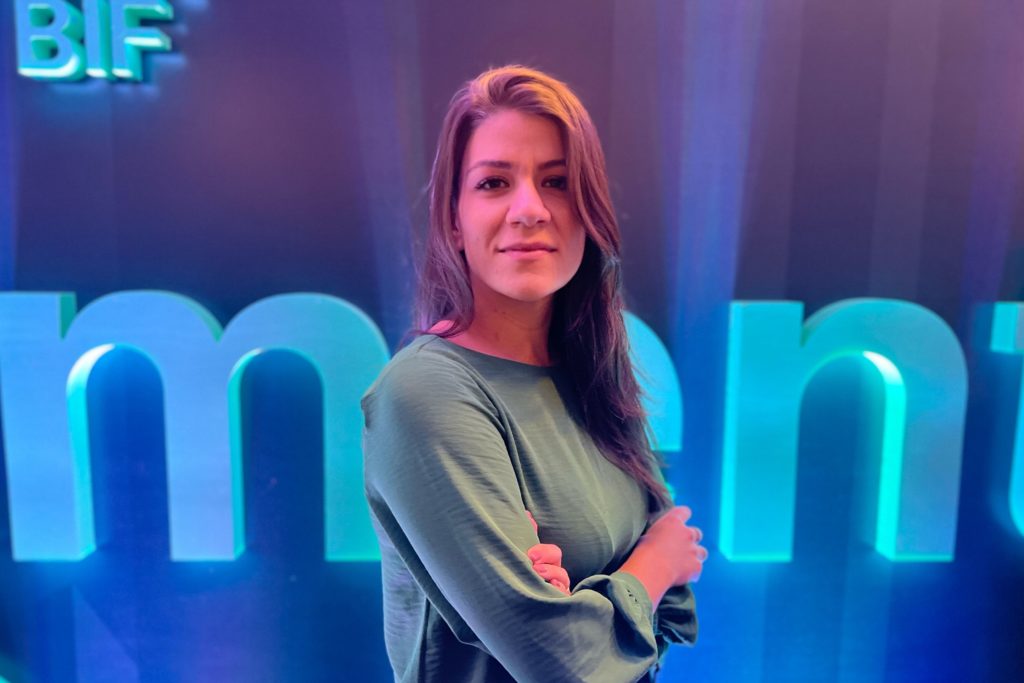By Tatiana Riera
Home to the most significant Arab community outside the Middle East, Brazil maintains in its culture strong attributes common to that region, such as resilience, tolerance, and progress through work. More than in the cultural and human spheres, the 22 Arab League countries have strong commercial ties with the Brazilian market, strengthened after agreements with different nations. However, there is still space and environment to make the relationship even more robust, modern, and dynamic to build new bridges and continue converting the existing bond into prosperity.
The strength of the commercial ties with the Arab world, fostered by the Brazilian Trade and Investment Promotion Agency (ApexBrasil), is represented by the results of our balance. The region is the third most important market for Brazil abroad, behind only China and the United States. Trade flow between Brazil and the League of Arab States countries reached, in 2021, over USD 24 billion, breaking the historical record. The food production chain is directly linked to this flow: Poultry protein and beef are the products most exported by Brazil, while fertilizers are at the top of the list of what we most import. Today, countries like Algeria, Morocco, and Egypt supply 26% of imported fertilizers, giving Brazil the needed room to play its role in guaranteeing food security to several nations.
This cooperation, which grows as new agreements in the Arab League are signed, tends to strengthen in the short and medium term in several sectors, particularly agribusiness. Our country has become the largest exporter of halal products, which are food and other items allowed for consumption by Muslims, produced and developed under the rules of the Islamic faith. To further expand this market, an agreement signed between ApexBrasil and the Arab Brazilian Chamber of Commerce (ABCC), an essential partner in the consolidation of sound trade relations with the Middle East and North Africa (MENA), aims to enable national companies to operate in the halal market between 2022 and 2025.
In addition to expanding markets, the agreement provides initiatives to attract foreign investment to Brazil, a country known to be an attractive destination for resources from Arab funds. The Brazil-Gulf Cooperation Council (GCC) Bilateral Trade and Investment Map, a study carried out by ApexBrasil, showed from 2016 to 2020, GCC companies made 22 investment announcements in Latin America and the Caribbean, 12 of which were destined for Brazil. Of the USD 1.8 billion invested, USD 1.4 billion went to Brazilian territory. Total investments by Arab funds in Brazil came close to USD 20 billion.
To make the environment even more attractive, the Brazilian federal government is negotiating the signature of free trade agreements, including non-tariff investment clauses, with Lebanon and is in talks to draft a free trade agreement with the United Arab Emirates and investment facilitation with Morocco and Saudi Arabia. The schedule of discussions with Arab League countries and future agreements encourage and diversify the trade and investment basket on both sides.
In the same sense, ApexBrasil is planning initiatives in the region for 2023, which will actively listen to embassies and local partners in the Arab countries. In addition to maintaining traditional and high-impact initiatives and expanding operations through the agreement with the ABCC, the agency intends to develop market studies on logistics and operations on e-commerce platforms, as well as map new opportunities in sector strategic plans for Brazil with the participation in new trade promotion and investment attraction efforts.
Cooperation between Brazil and the Arab world, established since the arrival of the first immigrants in our territory at the end of the 19th century, will continue to be fruitful. The excellent relationship is reflected in the list of priorities for actions involving the MENA market, including the Brazilian presence at Expo 2020 Dubai, which resulted in USD 10 billion in new business. In the future, the rapprochement is underway with measures to avoid double taxation and reforms to make the environment safer for new businesses. Competitiveness is also ensured by the intention to provide more balance to the trade basket, opening even more space for Arab products essential for economic activity.
*Tatiana Riera is COO of the Dubai Office (Middle East, North Africa, and India) of the Brazilian Trade and Investment Promotion Agency (ApexBrasil)
Translated by Elúsio Brasileiro
The opinions expressed in the articles are the responsibility of the authors.




